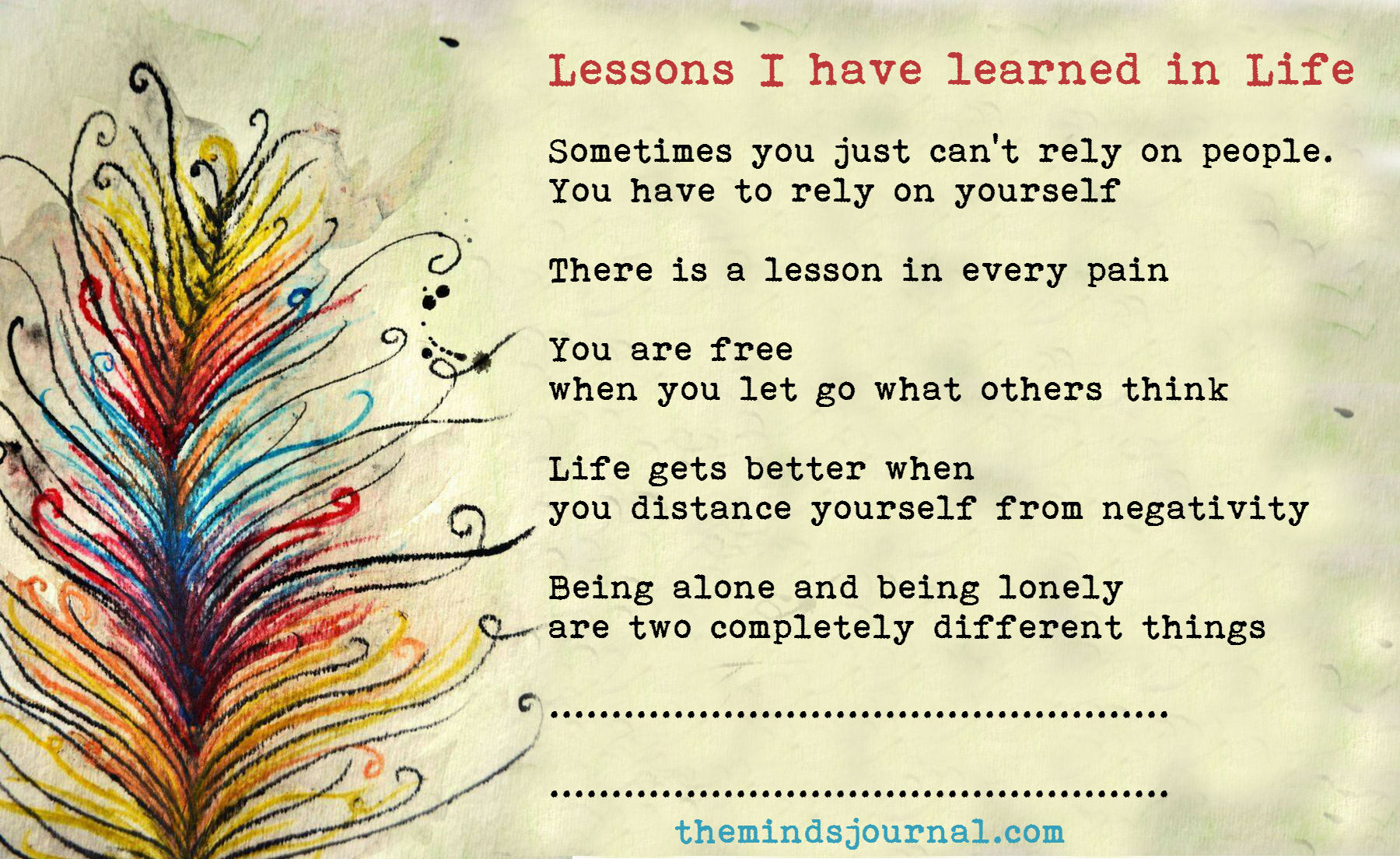Repair and Rebuild Your Relationship When Your Loved One Enters Rehab
By Dr. Rod Amiri, MD
Having a loved one enter a recovery program is emotional. There is relief, hope, and a sense of triumph with the possibility of a better life, combined with sadness, shame, and fear around the actions which led to the need for such a drastic measure. You may feel disappointed and proud, exhausted and renewed, supported and alone, sad and grateful, inspired and defeated, all at the same time.
It’s a lot to hold while supporting and demonstrating compassion for your loved one. How do you maintain the balance of their recovery, your healing, and the nurturing of your relationship?
The struggles faced by people with alcohol and/or drug problems typically begin long before they enter treatment. In most cases, families are slow to accept their loved one has a “problem,” and slower still to do anything about it.
Often, this is due to the fear and stigma around addiction. There is also a fear of confronting a loved one and telling them you think they need help. It is only when the addict’s behavior begins to spin out of control that family members typically come to accept their loved one has a problem. This realization tends to activate negative emotions, such as fear, guilt, shame, failure, frustration, and anger.
Another struggle occurs when the family encourages the addict to enter treatment. Many addicts become defensive or resistant to the idea, and will feel their own wave of emotions which can lead to withdrawal. The process of getting addicts to enter treatment can be a contentious struggle, involving discussions that can escalate into arguments, confrontations, and ultimatums.
Read Resolving Conflicts: The ABCs of Escalating Conflict and 7 Tips To Prevent Them
By the time everyone has agreed to seek outside help, relationships can feel strained, making peaceful interactions and forward movement feel impossible.
Break your silence
It is easy to see the damage addiction does to your loved one. It is less apparent, however, to see the damage it is does to you and the rest of your family. Addiction is a family disease that impacts all members. The process of healing begins for families and loved ones when they break their silence about feelings of guilt, resentment, shame, and fear.
Learning to speak openly and honestly about feelings and getting support are the building blocks necessary to repair damaged relationships.
Reconcile as soon as possible
Recognize that family members heal on multiple levels and at different speeds. As a general rule of thumb, the sooner the addict and their loved ones begin the process of renegotiating their relationship, the better. It is important to keep in mind that while it is good to begin this process, the underlying causes and conditions for family-of-origin issues took years to create and will take time to heal.
Start as soon as possible, and remember the process of reconciliation occurs slowly over time and involves everyone.
Forgive your loved one
One of the most important steps is working toward forgiveness. The nature of the relationship will dictate what actions are appropriate. The issues between couples are different than those between parent and child. To the extent possible, parents should work out their disagreements in private and present a united front to their children.
This is key to create safety and stability in the family system. Another factor to consider is finding age-appropriate ways to discuss issues with younger children.
Read Understanding The 4 Stages Of Forgiveness
Practice self-care
What’s one of the most effective ways to practice self-care for the non-addicted partner? Educate yourself. Learn the basic 3 Cs of addiction: You did not Create it nor can you Control or Change addictive behavior. What you can do is learn how to disengage from the addict’s attempts to make you feel guilty, scared, or otherwise manipulate you so they can continue using.
Reach out to organizations like Al-Anon, Alateen, and Co-Dependents Anonymous for support. These groups have meetings where you can learn how to address addiction-related issues from others who have been through the same situation. They also provide a program to teach you how to reclaim your emotional well-being, protect your family, and support your loved one’s efforts to stay sober.
There is no “right” way to talk about recovery outside the family. One guiding principle in the recovery community is that “we are only as sick as our secrets.” Healing begins when family members are able to speak openly and honestly with each other.
Read 5 Ways You Can Practice Self-Compassion And Be Kind To Yourself
Similarly, finding appropriate ways to speak with others about the recovery process promotes healing on a larger level by reducing the stigma and shame that continues to interfere with the willingness of other suffering families to get the help they need.
Although it’s your loved one facing rehab and recovery, the people around them will need healing as well. Honor your own journey by finding a support community you can share authentically with, work on forgiveness, learn how to communicate effectively with your loved one, and get to know the professionals involved with their treatment as you work together to repair and rebuild your relationship.









Leave a Reply